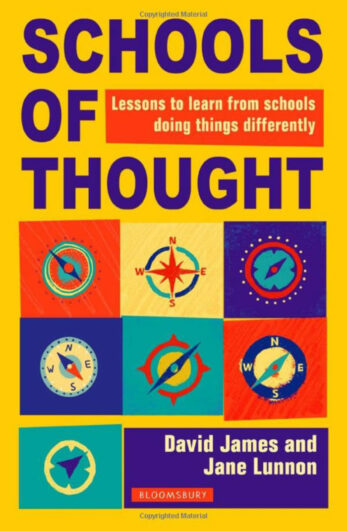Much has been made of the access David Laws, the Liberal Democrat had to Nick Clegg’s notes while writing this memoir. Paddy Ashdown, the former party leader, has even called it the “definitive account” of the coalition. However, woven throughout this highly readable story of a political party’s first forays into government, is the thread of one man’s account of his political career.
In truth, the book wouldn’t be half as compelling without it: from Laws’s early triumphs in the Treasury, to his fall from grace just 28 days in and later reinstatement at the heart of government as schools minister and then minister of state in the Cabinet Office, the personal and political justification provides a consistent narrative strand. But while the account is fascinating, comprehensive and packed with entertaining interactions and character sketches, Laws, like any politician, is advancing a particular view.
The chapter on tuition fees is enlightening. Laws maintains that raising fees, while a PR disaster, was a policy success, “protecting university budgets and enabling student numbers, including those from disadvantaged backgrounds, to rise”.
Here we understand why mentions of the pupil premium – Laws’s pet project – are peppered so liberally throughout the early chapters. In a climate of budget trade-offs, he creates an either-or dynamic: tuition fees v pupil premium; middle-class subsidies v support for disadvantaged pupils.
Laws is committed to the dichotomy. The key to social mobility, he maintains, is “in schools and the early years, not in free tuition for children from middle-class families”.
The trade-off mentality should not surprise. Confronted with a spiralling deficit, the all-powerful Treasury hovers as a phantom over the shoulder of all departments, dashing hopes, slashing budgets and sometimes squeezing policies beyond recognition.
From his time as schools minister, Laws provides juicy detail. We see a “semi-autonomous” education department that deliberately misled the Treasury.
As for the education secretary, while Michael Gove “blocked or ignored” the prime minister, David Cameron and George Osborne are said to have generally “trusted Michael and left him alone to pursue his radical agenda”. Local authorities, we are told, competed with “careers advisers, sex education experts and cross-departmental committees on Michael’s ‘most-hated’ list”.
Yet Laws warmed to Gove on a personal level, finding common ground over education and “equality of opportunity”. “In a Conservative party that was too often the defender of the interests of those who benefited from the status quo,” Laws writes, “here was a man who quite genuinely wanted to break Britain’s class-ridden society open to ‘outsiders’.”
Gove is portrayed as a likeable, formidable force, who in Cabinet “crackled and sparkled as almost no other minister could”. Yet despite his wit, verbal elegance and “under-stated humour”, we also witness his stubborn nature and compulsive need to meddle in the detail of curricula.
Some of the outsider’s cynical suspicions about the workings of government are confirmed, with policy ideas announced before being thought through and, on more than one occasion, more effort being spent on coming up with a name for a new initiative, than working out its substance.
At its heart, this is a book about people, and the politicians of its pages are revealed to have much the same traits as rest of us; thoughtful, dedicated, hard-working, stubborn, conniving and misguided. It ends with some detailed character analyses that provide invaluable insight into many of the key players in contemporary British politics.
And while female politicians seem starkly absent, the prize for the best put-down definitely goes to the Queen, who on greeting Osborne, said: “I think the last time we met, we were looking at all those gold bars in the vaults of the Bank of England? Such a pity that so few of them are still ours.”
In short, this is a frank insider account that makes a sterling effort at impartiality, while betraying a healthy (and substantiated) personal and partisan bias. An invaluable perspective on the politics, personalities and press scandals of 2010-2015.
Coalition: The Inside Story of the Conservative-Liberal Democrat Coalition Government is published by Biteback www.bitebackpublishing.com/books/coalition







Your thoughts